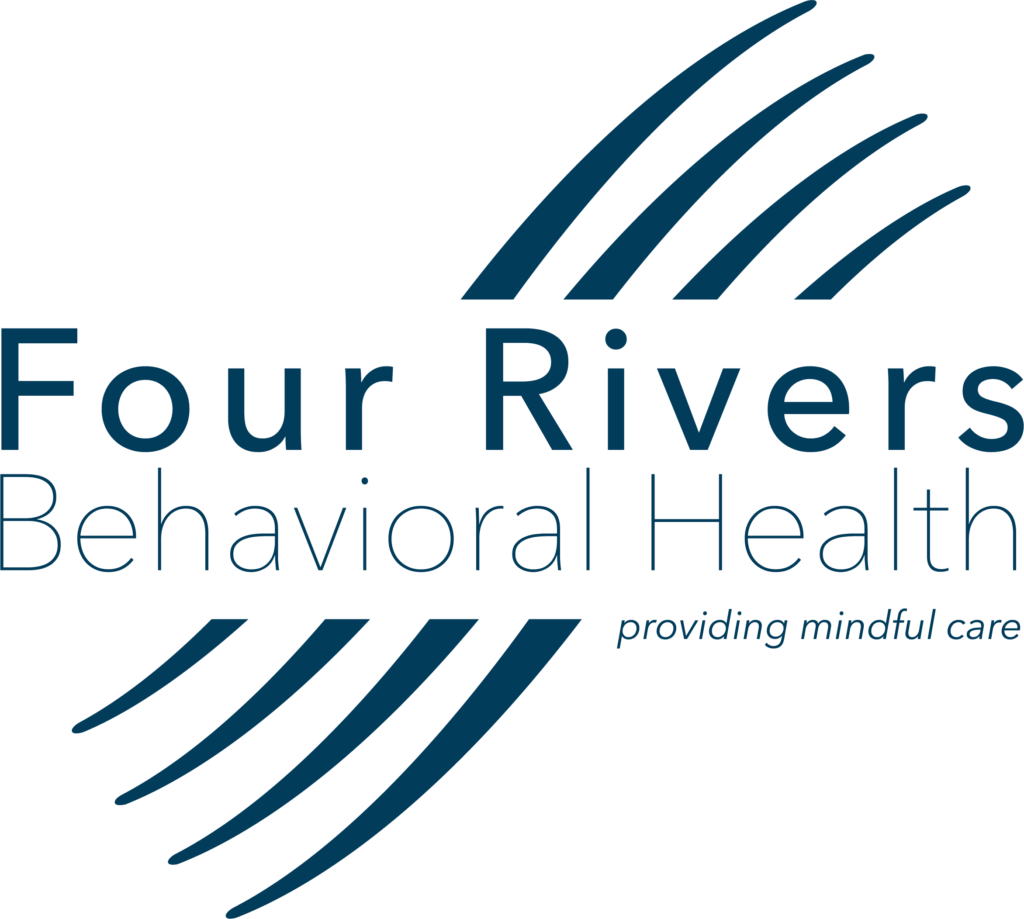The Severely Emotionally Disabled Program is a voluntary children’s case management program for children with severe emotional disabilities and their families.
A child with a severe emotional disability means a child with a clinically significant disorder of thought, mood, perception, orientation, memory or behavior that is listed in the current edition of the DSM and that presents substantial limitations that have persisted for one year or are judged by a mental health professional to be at high risk of continuing for one year without professional intervention in at least two of the following five areas: self care, interpersonal relationships, family life, self direction and education, or has been given a DSM V diagnosis; unless diagnosis is solely chemical dependency or intellectual/developmental disabilities.
They must have primary residence in the Purchase Area of Kentucky (plus Livingston County). The child must demonstrate multi-agency involvement (two or more agencies). Examples include: DCBS, Mental Health, School, Courts, DJJ, etc.
The SED Program may provide the following services: Interagency Collaboration, Resource Consultation, School Support, In-Home Services, Therapeutic Mentoring, and Intensive Family Based Support Services and funds to assist with meeting the needs of SED children and their families.
Anyone with the parent’s/guardian’s permission can refer a child for SED services. The goal of the SED Program is to help keep the child in their least restrictive environment – their home, school, and community.
Ideally, the SED Program is designed to be a short-term intervention. The desired length of involvement is one year; however, the length of involvement varies depending upon the specific need of the child/family and the recommendations made by the LIST committee.
There are no fees involved with accessing services from the SED Program. If the child has a medical card, then Medicaid is billed for SED case management services. If the child is not eligible for a medical card, then the State General Fund is billed for SED case management services.

